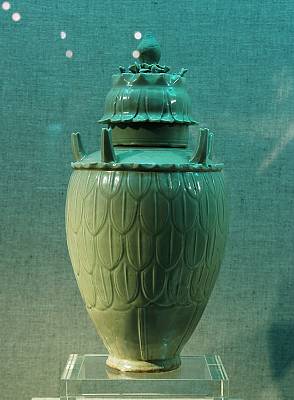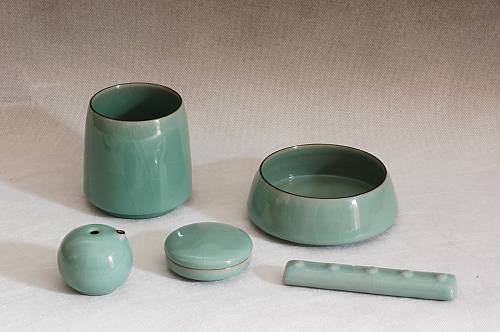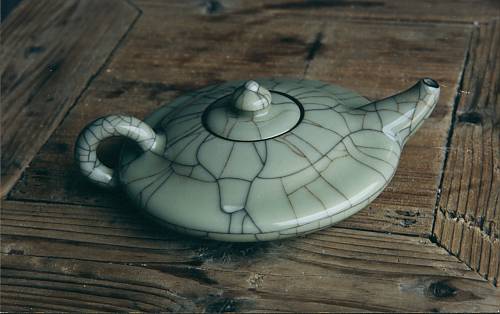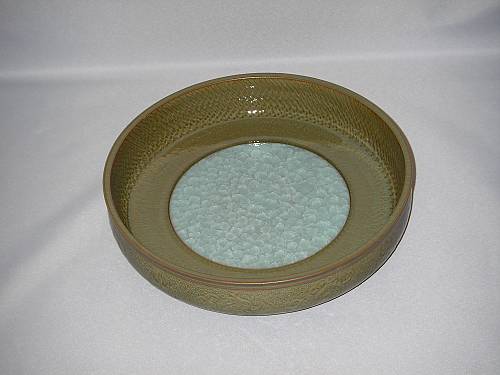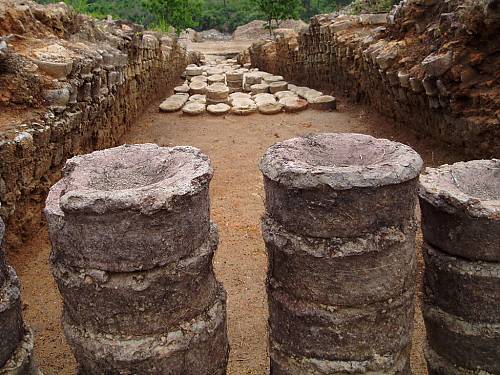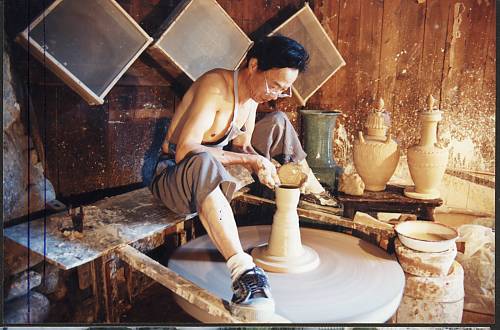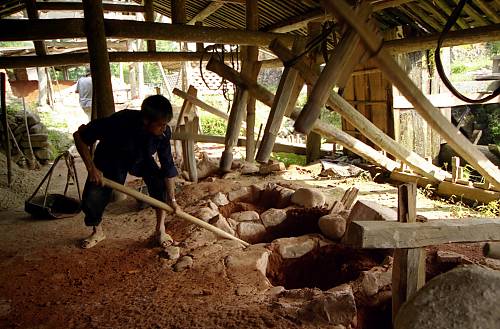Traditional firing technology of Longquan celadon
Inscribed in 2009 (4.COM) on the Representative List of the Intangible Cultural Heritage of Humanity
The city of Longquan in the coastal Chinese province of Zhejian is known for its celadon pottery and the traditional firing technology that imparts its distinctive glaze. Compounded from violet-golden clay and a mixture of burnt feldspar, limestone, quartz and plant ash, the glaze is prepared from recipes that have often been handed down for generations by teachers or within families. The glaze is applied to a fired stoneware vessel, which is then fired again in a repeated cycle of six stages of heating and cooling where precise temperatures matter a great deal: either over- or under-firing will spoil the effect. Experienced celadon artists carefully control each stage with a thermometer and by observing the colour of the flame, which reaches temperatures as high as 1310º C. The final product may take either of two styles: ‘elder brother’ celadon has a black finish with a crackle effect, while the ‘younger brother’ variety has a thick, lavender-grey and plum-green finish. With its underlying jade-like green colour, celadon fired by the family-oriented businesses of Longquan is prized as masterwork-quality art that can also serve as household ware. It is a proud symbol of the cultural heritage of the craftspeople, their city and the nation.


